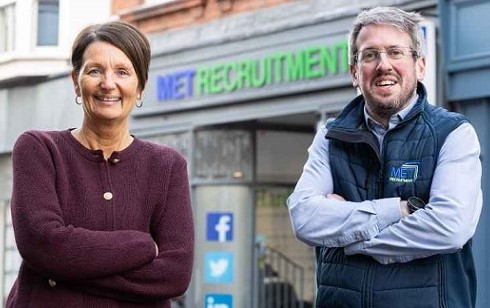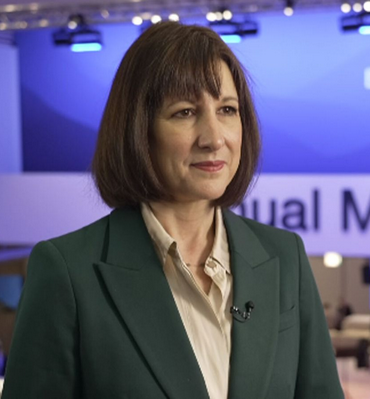Fear of a potential negative effect on their career is preventing people with hearing loss from disclosing their condition to their employers.
More than half of people living with deafness and hearing loss feel they can’t be open about it in the workplace, according to a new survey by charity Action on Hearing Loss. The new research has been conducted as part of the charity’s Working for Change campaign, which wants to change attitudes to deafness and hearing loss in the workplace.
A third of those who felt they could not be open about their hearing loss said it was due to the fear that they would be treated unfairly at work. A further 61% felt that that others would assume they weren’t competent and 42% saw no point because their workplace wouldn’t be able to help them.
In addition, 84% of respondents have felt stressed and over two-thirds have experienced isolation in the workplace.
Paul Breckell, Chief Executive at Action on Hearing Loss, said: “This new research shows that despite there being 11 million – that’s one in six - people in the UK living with some form of deafness and hearing loss, many of these in employment are struggling unnecessarily. It’s shocking that in 2017, and despite a lot of work by governments and employers to encourage more inclusivity and accessibility, people with deafness and hearing loss feel they can’t be open about it.
“It seems much of the awareness raising has neglected to include invisible disabilities like deafness and hearing loss. The levels of stress and the isolation experienced by people with hearing loss at the workplace are shocking. The numbers are certainly not helped by working cultures where people are worried about talking openly about their condition and the support they might need.
“The prevalence of hearing loss is only going to increase, with 433500 already living in West Midlands (Met County), so it’s therefore essential that employers take note of these findings and create a working environment where people feel both able and welcome to disclose disabilities and sensory impairments.”
Diane Lightfoot, Chief Executive Officer at Business Disability Forum, said: “These findings once again show how important it is for workplaces to make themselves welcoming to everyone, and foster an environment where all employees feel able to progress. There is a very real business prerogative to this, with disability-smart workplaces shown by our own research to have lower rates of employee turnover. Having a more stable and supported workforce could deliver savings running into the billions across different sectors.
“As Action on Hearing Loss’s research suggests, a key first step to take is to dispel any sense of stigma or taboo around disabilities and long-term health conditions, and many of the organisations in the Business Disability Forum community have done this to great effect. Networks where employees with specific conditions can come together to talk and share experiences have brought about real cultural change, including at large multinational companies, with senior champions being open about their conditions and clear that the organisation views disability in a positive light.”
The charity has produced guidance for employers on how to make their workplaces more accessible for people with deafness and hearing loss – from simple deaf awareness tips for staff to providing more detailed information on how the Government’s Access to Work scheme can help enable employees.
Paul continued: “There are a number of things employers can do to support staff with hearing loss and deafness. From basic deaf awareness training for staff and management, the fundamentals of which are common courtesy and being considerate, to taking advantage of Access to Work to cover the cost of amplified phones, there needn’t be barriers for anyone.”
















